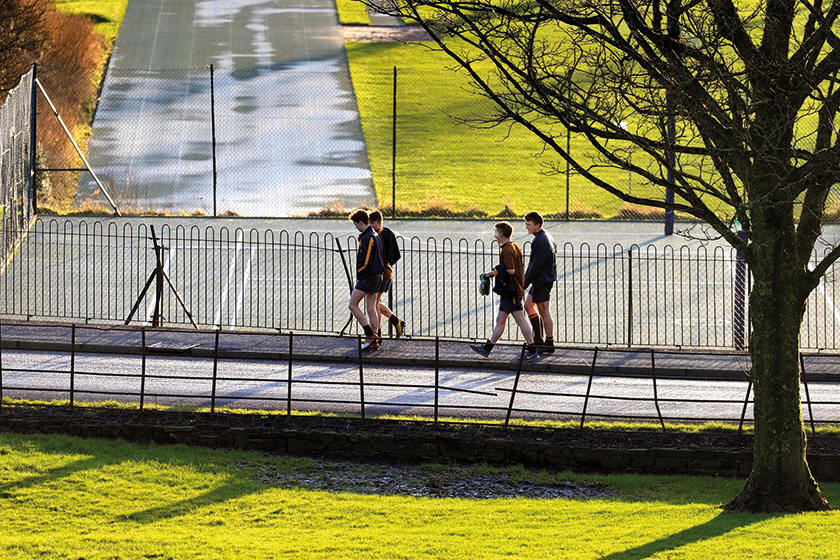How to Apply for a School Place
By
7 years ago
An independent school head outlines the key issues to consider when applying for senior school and sixth form

Andrew Fleck, headmaster of Sedbergh School in the Lake District, encourages parents to ask more questions during the school entry process so that their children don’t fall through the cracks later on.

School entry is often competitive, but beyond that, largely straightforward. Parents assume that when pupils join a senior school they will remain there for the duration of their secondary education. It is logical that they do so as relationships with their peers and teachers are maintained and the ethos of the school is gradually absorbed. However, for a significant minority the reality is different. In a similar manner, university entry is assumed to be on the basis of offered grades but here too, the reality is often surprising.
League tables have driven academic aspirations upwards so that schools pin their reputations on the product of newspaper and government statisticians. And so it follows that schools employ tactics to raise their outputs. These can vary from culling pupils after GCSEs, declining to enter pupils in exams or requiring them to sit them as external candidates who won’t show up on their statistics.
As GCSEs results approach, schools that purport to value the ‘whole person’ advise less academic pupils that the sixth-form curriculum is too demanding, and gently usher them away from the school. Gone is any consideration of a child’s contribution to the school community. And gone too is the school’s advocacy of a balanced lifestyle that will sustain their pupils throughout long and stressful working lives. The policy risks damaging teenage self-esteem, leaves children isolated from their friends and promotes the misguided view that only formal work leads to success and happiness.
Parents should beware the offer that seems too good to be true. If a school, which is highly placed in league tables, offers a place to your middle-of-the-academic-road child – there’s trouble ahead. Under such circumstances, read the school’s terms and conditions carefully and, if necessary, seek a binding amendment to ensure that the school cannot insist on a pupil’s removal for reasons of academic performance. If they won’t agree, consider looking at an alternative school rather than enduring the distress caused by enforced departure three years later.
University entry is not all its seems to be either. Many universities are expanding and with that comes the need to fill places. The pattern over the last few years seems to be that pupils apply to mid-range Russell Group universities, receive high offers, some fail to make the grades but are awarded a place anyway. Even Medicine featured in clearing last year. The impact is a large number of unnecessarily stressed teenagers, teachers and parents chasing an elusive A-level target which has been set unnecessarily high. These stress levels will increase as we move towards linear exams in the reformed A-level curriculum.
These policies come at a time when children’s mental health has never been higher on the political agenda yet places of education maintain processes, which add unnecessarily to the stress of the teenage years. There is no excuse for this as schools can predict pupils’ long-term performance from data they capture during the entry assessment process and universities know full well what range of grades they will ultimately offer. In a buyers’ market, parents and university applicants can afford to be much more assertive in asking questions during the entry process.



